A bridge between France and New York
Families today are diverse and increasingly international. These situations require combined expertise in French and American law, as well as a deep understanding of cultural specificities.
The Alliance responds to these needs with a comprehensive cross-border service offering. It assists French and American clients, in New York or Paris, with their personal and professional projects in France, covering all aspects of family law.
The Alliance’s lawyers operate in complex international contexts, helping those considering expatriation to prepare for departure, anticipate their return, and protect their families.